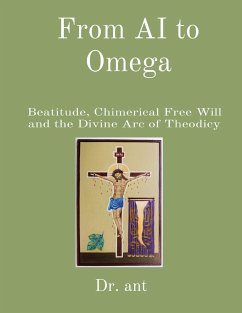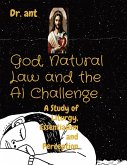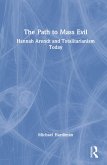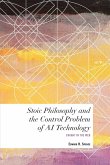The inquiry into the nature of divine justice in the presence of evil is among the most enduring and profound philosophical and theological quests known to humanity. This pursuit, known as theodicy, seeks to reconcile the existence of a benevolent and omnipotent Deity with the undeniable prevalence of suffering and injustice in the world. The term, a portmanteau of the Greek words for "god" and "justice," encapsulates a challenge that has tested the limits of both faith and reason since antiquity. As we seek to address this enigma, it is imperative that we employ not only rigorous scientific scrutiny but also a rich theological understanding. The lattice on which the fabric of reality is stretched presents a complex interplay of phenomena that demands an exploration of both ontological assertions and phenomenological experiences. Addressing the intertwining nature of these aspects creates a multidisciplinary narrative that is essential for an authentic and persuasive discourse on theodicy. By examining the interactions between existence itself and the subjective realities we encounter, we advance our quest for a comprehensive understanding of divine providence and human agency. Recent advancements in artificial intelligence and their philosophical implications force us to revisit classical perspectives on free will and divine foreknowledge. Within this context, chimerical free will emerges as a conceptual tool to dissect the seeming paradoxes inherent in a predetermined yet sentient experience. The exploration of such concepts serves not only to enhance our grasp of artificial autonomy but also to illuminate the far reaches of our own volition in the shadow of divine omniscience. Central to the discourse of theodicy is the concept of grace, which represents the unmerited favor bestowed by the Divine. Grace's function within the quandary of evil presents a powerful counter to the heart-wrenching realities of suffering. It is within the theological tapestry of grace that we find arguments for faith's endurance and the purposeful navigation through life's trials. To order our exploration, we rely on various conceptual frameworks that organize the principles of theodicy into a coherent structure. These frameworks serve as the linchpin in assembling a unified theory that seeks to harmonize what we comprehend with what we believe. Any comprehensive theodicy must, therefore, be attentive to these inherent structures, ensuring that our discussions are well-anchored in established intellectual and spiritual traditions. Scientific advancements particularly relating to quantum consciousness, have sparked renewed interest in the probability of divine existence. These developments pave the way for rigorous scientific arguments that, when interwoven with theological considerations, may lend credence to the existence of a higher, divine order within the cosmos. Thus, the interplay between scientific theory and theological thought has the potential to yield insights pertinent to our understanding of God and evil. Moreover, the natural world, with its distinct patterns and sequences, offers a mathematical and scientific canvas that mirrors theological principles. Exploring these numerical expressions and their relevance to theodicitic discourse invites a reflection on the structured harmony that underpins both creation and divine action. Appreciating the congruity between natural laws and theological assertions provides yet another avenue to fathom the depths of the Divine Will. Indeed, the wisdom inherent within natural law and its resonance with spiritual axioms is particularly evident in the Beatitudes-those profound declarations from the Sermon on the Mount. Here, the maxims pronounced by the Divine illuminate the intersection of temporal existence with eternal truths, guiding us toward a harmonious living that reflects the purity and order of the divine blueprint.
Hinweis: Dieser Artikel kann nur an eine deutsche Lieferadresse ausgeliefert werden.
Hinweis: Dieser Artikel kann nur an eine deutsche Lieferadresse ausgeliefert werden.








